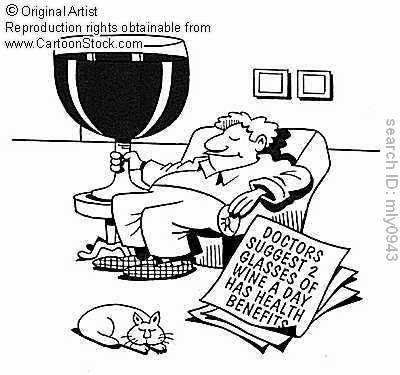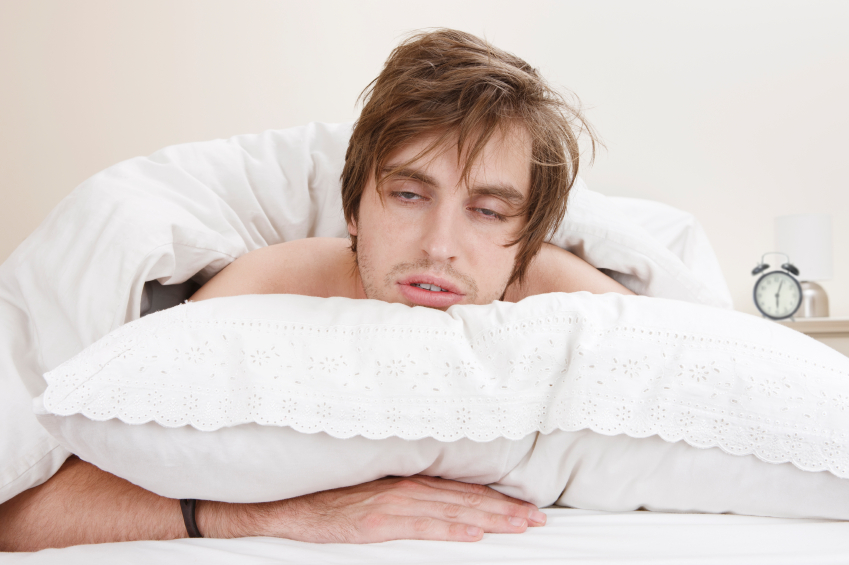
New Hangover Cures Flood the Market
By Jenny Hunt
February 10, 2012
Have a little too much to drink last night? You aren’t alone. “How to cure a hangover” is one of the most Googled phrases of 2012. Recently, some smart product developers have stepped in and created products to meet that demand. Since this past New Years, the market has been flooded with products that are said to either cure or prevent a hangover.
1) Bytox Hangover Prevention Remedy Patch: This product was developed by Alex Fleyshmakher after a night of hard partying and the subsequent hangover landed him in a doctor’s office. The Bytox patch is meant to be applied 45 minutes before you start drinking and worn for 8 hours after you stop. The patch contains several types of B vitamins, açaí berry, vitamins A, D, E and K, and folic and pantothenic acids. It is meant to replenish the vitamins and minerals that you lose while drinking.
2) Blowfish Tablets: This product combines aspirin, caffeine and an antacid into an Alka-Seltzer-like effervescent tablet. A two-tablet dose of Blowfish (which is what the makers recommend for a typical hangover) contains 1,000 milligrams of aspirin and 120 milligrams of caffeine, which is equivalent of two extra strength aspirin and three shots of espresso. Blowfish was developed to fight the most common symptoms of a hangover: headache, fatigue, and upset stomach. Many hangover cure seekers wish to get these cures delivered to the office or other places where discretion is important. Responding to this demand, Blowfish Tablets are packaged in plain manila envelopes.
3) B.cuz You Like to Party Vitamins: A new vitamin brand, b.cuz, plans to release these vitamins in February or March, just in time for spring break. The company’s founder says the vitamins will contain vitamins B and C, magnesium, and cysteine to replenish the vitamins lost during drinking.
4) Mercy Soda: This product gained popularity when it was Gwyneth Paltrow told news reporters that she swears by it. Mercy soda is marketed as a hangover prevention product, not a hangover remedy. The best time to drink this hangover cure is while or shortly after drinking. Makers of Mercy Soda even suggest that you mix it with your alcohol to make a cocktail. Mercy Soda is said to flush your system of acetaldehyde, the chemical that causes a hangover. It contains amino acids, antioxidants and vitamins
The effectiveness of these hangover cures has yet to be tested. Indeed, hangover cures are nothing new. There have always been pills and powders on the market that claim to cure or prevent hangovers. No matter which hangover cure you choose to try, it is likely that not much will help you if you drink a lot. Indeed most medical experts agree that time is the only surefire way to cure a hangover. However, there are ways to make your hangover more comfortable. Hot baths, lots of water, over the counter painkillers, caffeine are just a few ways you can treat the uncomfortable symptoms of a hangove
If you need help with your addiction give us a call now at 1-800-984-4003.





